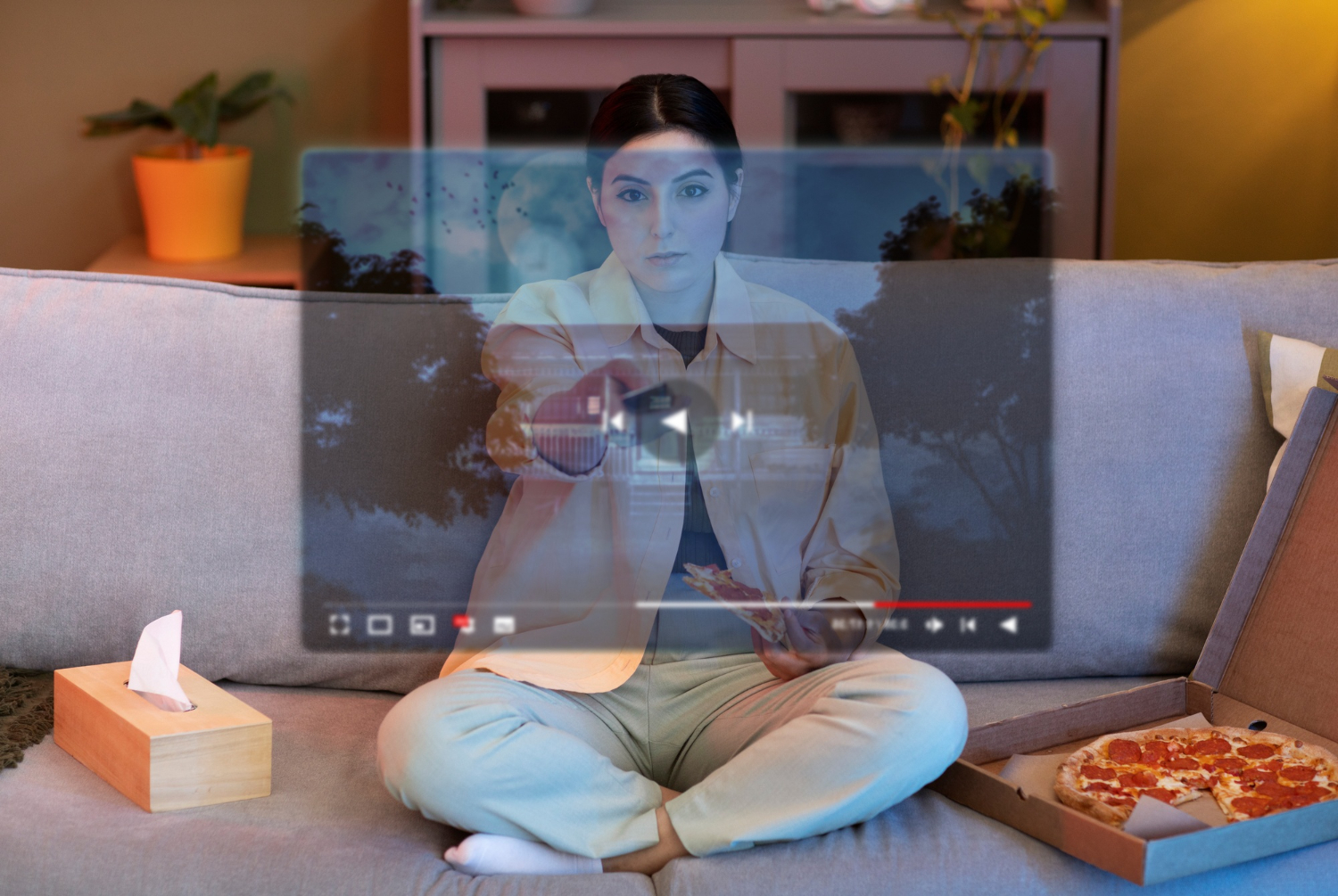How are streaming platforms changing the entertainment industry?
 Streaming platforms have revolutionized the entertainment industry, altering how we consume movies, TV shows, and even live performances. Traditional entertainment has found new homes thanks to emerging streaming technologies, creating a hybrid model of entertainment consumption.
Streaming platforms have revolutionized the entertainment industry, altering how we consume movies, TV shows, and even live performances. Traditional entertainment has found new homes thanks to emerging streaming technologies, creating a hybrid model of entertainment consumption.
In the past, accessing entertainment typically meant physically going to a venue, renting a DVD, or waiting for a TV show’s scheduled broadcast. Streaming platforms have fundamentally changed this by offering a vast library of content available on demand. Consumers can now watch what they want, when they want, without being restricted by time schedules or geographic location. This has led to a significant shift in the entertainment consumption pattern.
One of the primary ways streaming platforms have changed the entertainment industry is through content accessibility. Platforms like Netflix, Amazon Prime, and Hulu have made international content readily available. This has not only expanded the reach of entertainment but also fostered a greater appreciation for diverse cultures and storytelling styles. For instance, Korean dramas and Spanish thrillers have gained immense popularity globally thanks to these platforms.
Another significant change brought about by streaming services is the rise of binge-watching culture. The ability to watch entire seasons of a show in one go has changed the narrative structure of television series. Showrunners now often design their series with binge-watching in mind, creating more intricate and continuous story arcs. This has arguably led to a golden age of television, with high-quality cinematic content being produced for the small screen.
Streaming platforms have also democratized content creation. With traditional TV, the barrier to entry for content creators was high, often requiring connections to network executives or significant financial backing. In contrast, platforms like YouTube allow anyone with a camera and an idea to reach millions. This has led to the emergence of new voices and storytelling styles, diversifying the entertainment landscape.
Moreover, these platforms are now significant players in content production. Netflix, Amazon Prime, and others are not just distributors but also creators of content. They are investing heavily in original films and series, attracting big names in the industry. This shift has impacted traditional production houses and cable TV networks, challenging their long-held dominance in the entertainment sector.
The financial model of streaming services has also influenced the industry. The subscription-based model, as opposed to the traditional advertising or pay-per-view models, has provided a steady revenue stream for these platforms. This has enabled them to take risks on unconventional projects, knowing that they don’t need to cater to the broadest possible audience to recoup their investments.
However, the rise of streaming platforms is not without its challenges. The overwhelming amount of content can lead to decision fatigue among viewers. Moreover, the struggle to stand out has led to an increase in marketing budgets, often at the expense of content quality. Additionally, the ease of access to streaming services has impacted traditional entertainment venues, like movie theatres and live performance theatres, which struggle to compete with the convenience and variety offered by streaming.
Furthermore, the shift to streaming has raised concerns about the digital divide. Not everyone has access to high-speed internet, which is necessary for streaming content. This has created a disparity in entertainment access, with those in rural or economically disadvantaged areas being left out.
Streaming platforms have undeniably transformed the entertainment industry, offering unparalleled convenience and a wealth of diverse content. They have democratized content creation, changed narrative structures, and shifted financial models.
However, this transformation also presents challenges, including market saturation, the impact on traditional entertainment venues, and issues of the digital divide. As the industry continues to evolve, it will be interesting to see how traditional and new forms of entertainment coexist in this rapidly changing landscape. Live venues like the Camden comedy club are likely to continue to thrive thanks to their ability to deliver top-notch performers for audiences seeking a great night out.









